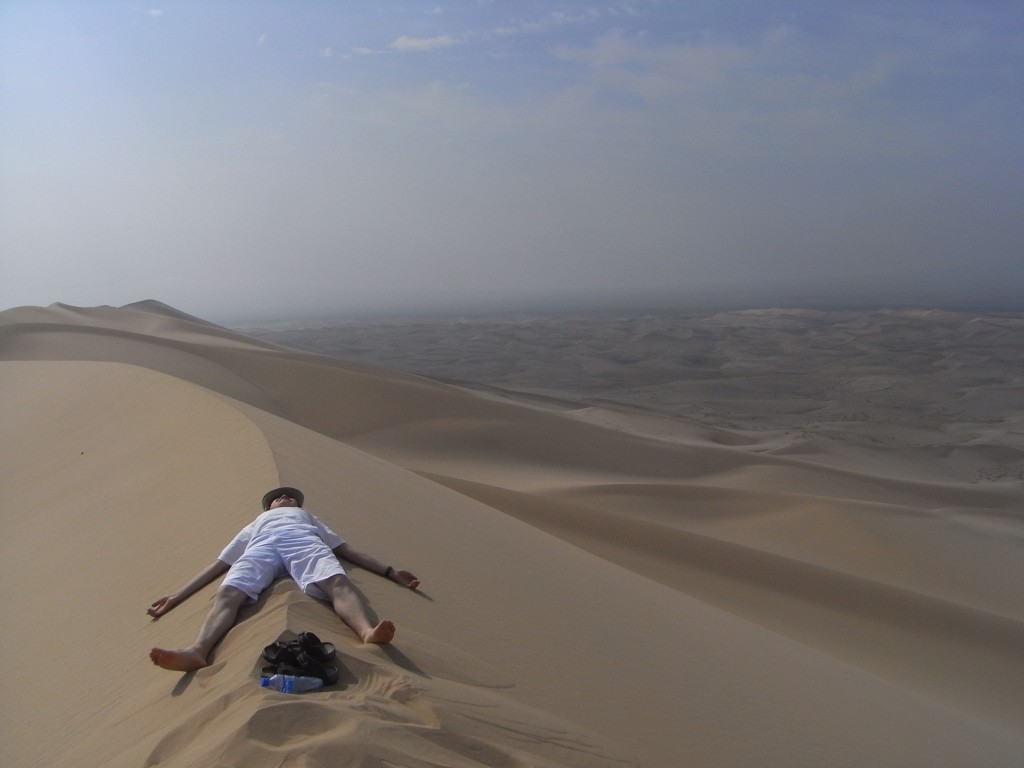At my Brisbane book launch, I was speaking with Terry, an eclipse chaser who did a lot of media during the last total eclipse in November 2012. Terry recounted how every local person he interviewed immediately after the eclipse to share their experience could only say a few words – “It was awesome”. “It was amazing”. People repeatedly struggled to find words. I was not surprised to hear this – this is how I felt after my first eclipse experience, and it really did take quite a while to be able to put language to the experience. Many eclipse chasers have stories of being near others who experience it for their first time, and seeing their reactions – being totally overwhelmed and unable to speak, or just repeatedly saying ‘wow’.
Even when we then are able to connect again with our brains after the experience, our language seems unable to express the intensity of what we have felt. The experience of totality requires us to expand our mental structures in order to understand – not unlike the experience of childbirth or other significant life-changing experiences. This is why we cannot explain it to those who have not experienced it – it is ineffable.
The problem is, when intense things happen to us, we want to share our experiences. We want to talk to others – to connect with others. When we try to explain to others who weren’t there, we sound a little crazy and fanatical, and it becomes frustrating. We just cannot convey the power of the event, how it impacted upon us personally, and the ‘addictive’ nature of the experience.
I have now spent hundreds of hours interviewing people about their eclipse experiences – eclipse chasers and people who have just seen their first total eclipse. These interviews usually are very fluent until we get to the point where totality occurs, and people stumble, slow down, pepper their words with ‘you know’, ‘it was like….’, ‘um, you know’, ‘…just awesome’. People are reassured that I understand what they are trying to convey as I have been there, and this allows them to continue on with their struggle of finding the words, and with prompting and continued discussion we usually get to a point where the full experience is shared. With all of these interviews, I have now noticed a few patterns when people try to explain the inexplicable:
Adding extra prefixes and suffixes – The ‘specialness’ of the experience and the ‘unfathomability’ of the darkness of the Moon that looks out at you like an eye just cannot be described, along with other features. For example, the ‘unduplicability’ of the colors on the horizon. The ‘unstoppability’ as the Moons’ shadow races towards you, and the ‘inevitableness’ of the eclipse happening and there is nothing that we can do about it. We just feel the need to add extra dimensions to our words to convey how amazing it is.
Overuse of similes – When people struggle with finding the words, they then try to find similar experiences to compare to, so that the things can be communicated through experience rather than through words. ‘It was like CGI graphics’; “light was like a 50’s film’; the eclipsed Sun was ‘like a hole in the sky’, or ‘like the eye of god’, and the remainder of the partial eclipse grinned down ‘like a Cheshire cat’. Totality felt ‘like anything could happen’, and you are shocked ‘as if a dead relative just walked into the room’. The similes usually relate to feeling that something unnatural had happened, something so amazing that it had to be computer generated.
Attempts to use other senses – People sometimes start to use other ways of communicating, or using other senses in an attempt to convey their words. Hand gestures increase without words coming out. Some use an imagined sound to describe the experience – ‘like it all just popped into place’, the darkness ‘came roaring towards us’. It was like ‘it made a noise’ and was alive.
It’s fantastic that as adults we can experience such wonder in the world that makes us speechless. The Japanese refer to this as Yugen – where we experience the full wonder of the Universe on a phenomenological level. It is these experiences that make us feel the most alive.

